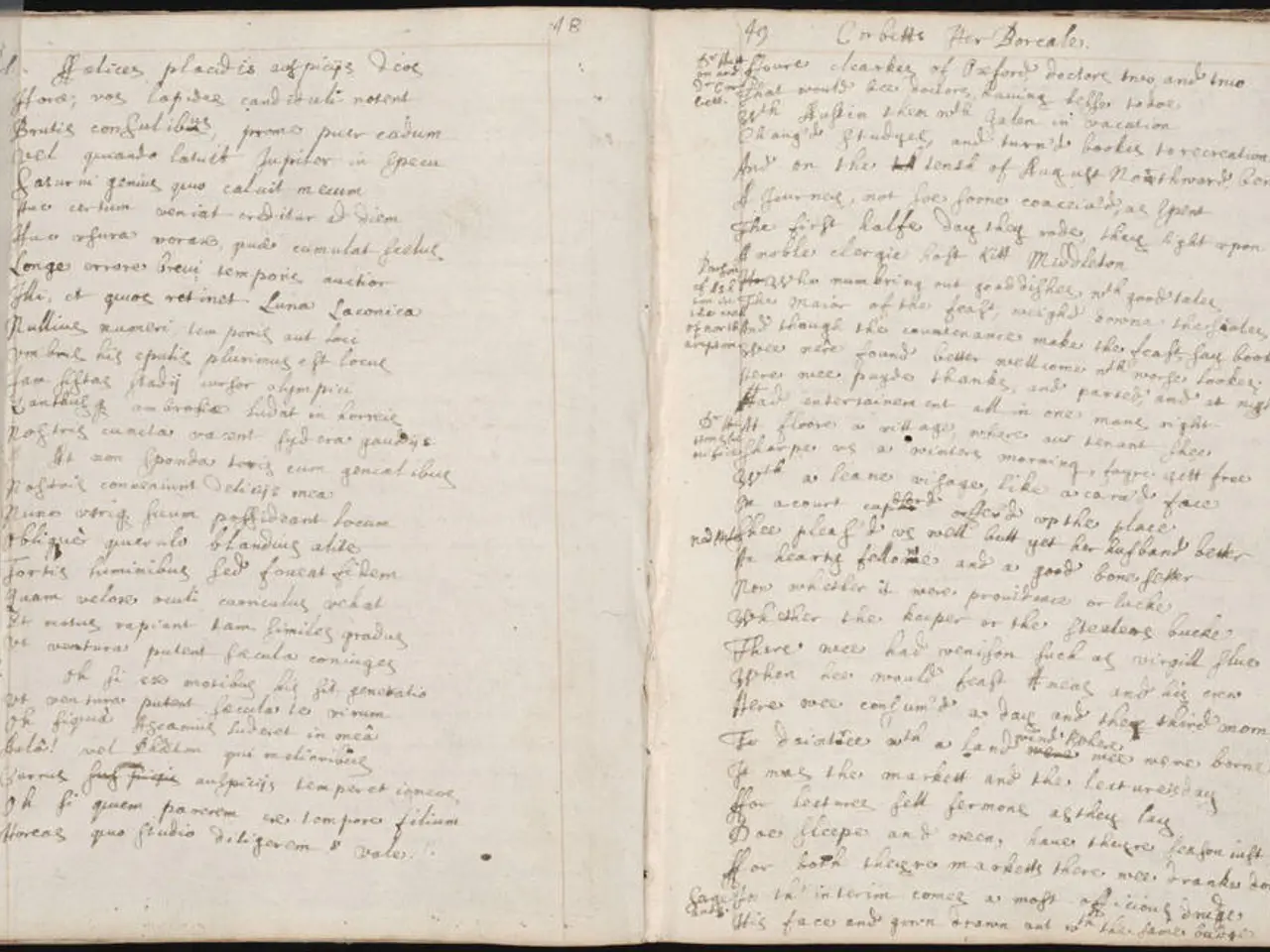Essential Guidance for Pupils: Crafting Scholarly Essays
Academic writing is a crucial skill for students and early career researchers, as it forms the backbone of scholarly research. This style of writing is evidence-based, relying on extensive research and analysis to support arguments.
To excel in academic writing, it is essential to understand its nuances and differentiate it from general writing. Here are some key tips to help you improve your academic writing skills:
**Understanding the Assignment**
Before starting, ensure you understand what the assignment requires. Read the prompt several times to grasp the expectations. Identify the key questions or problems that need to be addressed.
**Structuring Your Writing**
Organize your ideas into a clear structure. An outline can help maintain coherence and flow throughout the paper. Inform your readers about what to expect by providing a brief overview of your argument in the introduction. Ensure each paragraph has a clear point and supporting evidence.
**Formal Writing Style**
Avoid informal language, clichés, and shortened forms. Use precise vocabulary to convey your ideas clearly. Pay attention to sentence structure and grammar rules to ensure clarity.
**Managing Time and Research**
Begin working on your paper well in advance to avoid last-minute stress and ensure time for revisions. Use reliable databases and sources to support your arguments. Learn how to evaluate and cite sources effectively.
**Seeking Feedback and Improvement**
If needed, seek feedback from peers, mentors, or online communities to refine your work. Focus on improving specific skills such as clarity, analysis, and synthesis with each writing project.
By following these tips, you can effectively enhance your academic writing skills and produce high-quality research papers. Remember, academic writing is well-structured and consists of arguments and evidence, is formal and impersonal, and is well-referenced, citing scholarly sources.
For practical academic writing skills, focus on developing a habit of writing clearly, spending sufficient time planning, organizing thoughts, managing time, and creating an outline. The thread of your research paper's central argument should run throughout the text. Proofread and edit your work before submitting it.
Our platform is a comprehensive AI writing toolkit that helps students and researchers achieve 2x the writing in half the time, leveraging 21+ years of STM experience and insights from millions of research articles. It offers features such as consistency checks, plagiarism detection, and submission readiness support, among others. Upgrade to the platform Prime starting at US$19 a month to access these premium features.
For more academic writing tips, check out our related reads: What is Hedging in Academic Writing?, How to Cite Social Media Sources in Academic Writing?, How Long Should a Chapter Be?, Webinar Recap: Do Plagiarism Checkers Detect AI Content?, academic writing tips for students, types of academic writing. Happy writing!
- To ensure your research paper is ready for submission, utilize a platform that offers features such as plagiarism checking, language editing, and submission readiness support.
- For effective academic writing, spend sufficient time planning, organizing thoughts, and creating an outline to maintain clarity and a strong argument throughout the research paper.
- In your academic writing, strive to differentiate it from general writing by emphasizing evidence-based arguments, a formal and impersonal tone, and appropriate referencing of scholarly sources.
- For those aiming to improve their academic writing skills, prioritize self-development through education and online resources, and consider seeking feedback from peers, mentors, or online communities on specific areas for improvement like clarity, analysis, and synthesis.
- In addition to mastering academic writing, stay well-informed and skilled in other areas like research paper development, academic translation, and learning new techniques to enhance your capabilities as a researcher and student.




